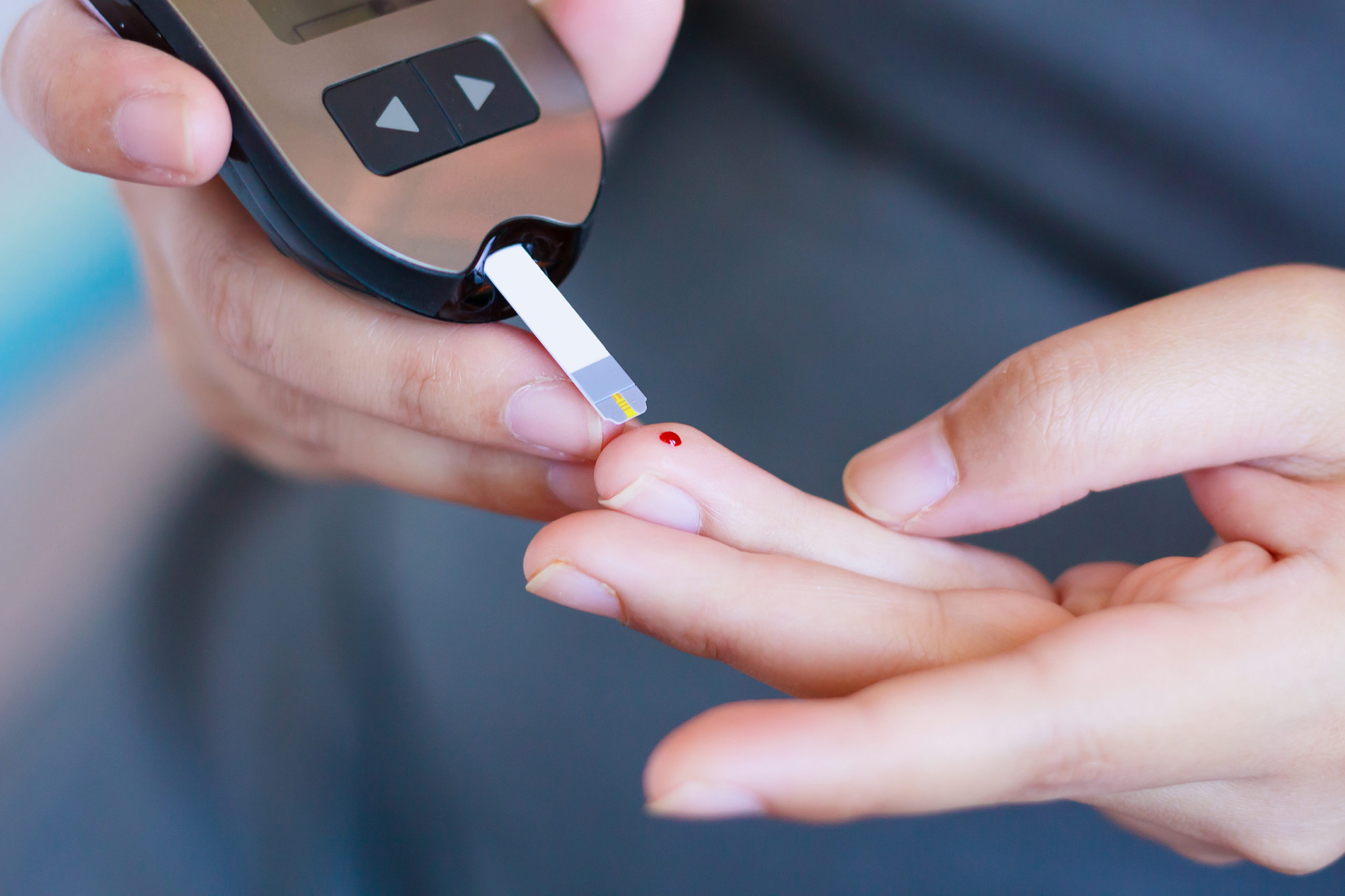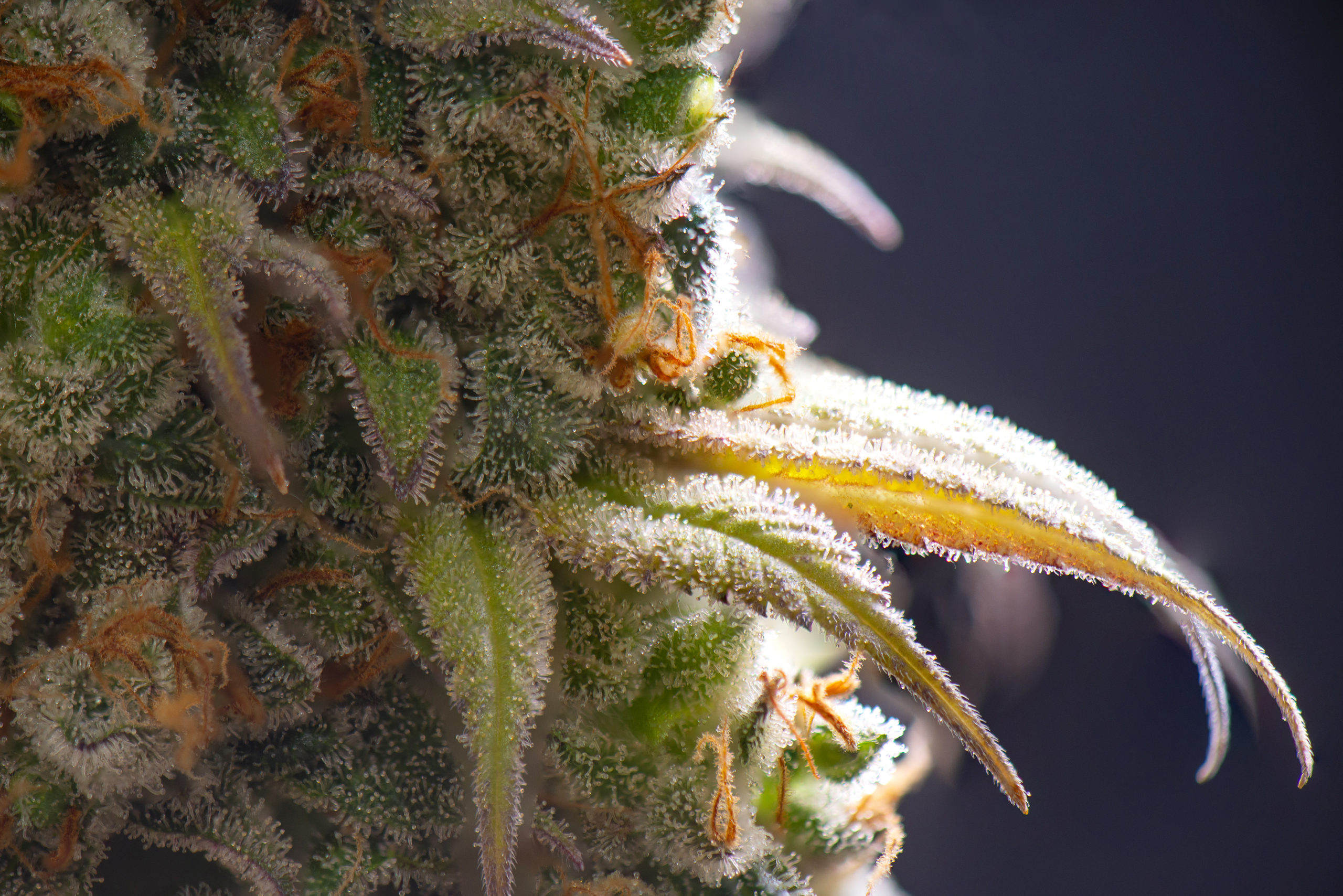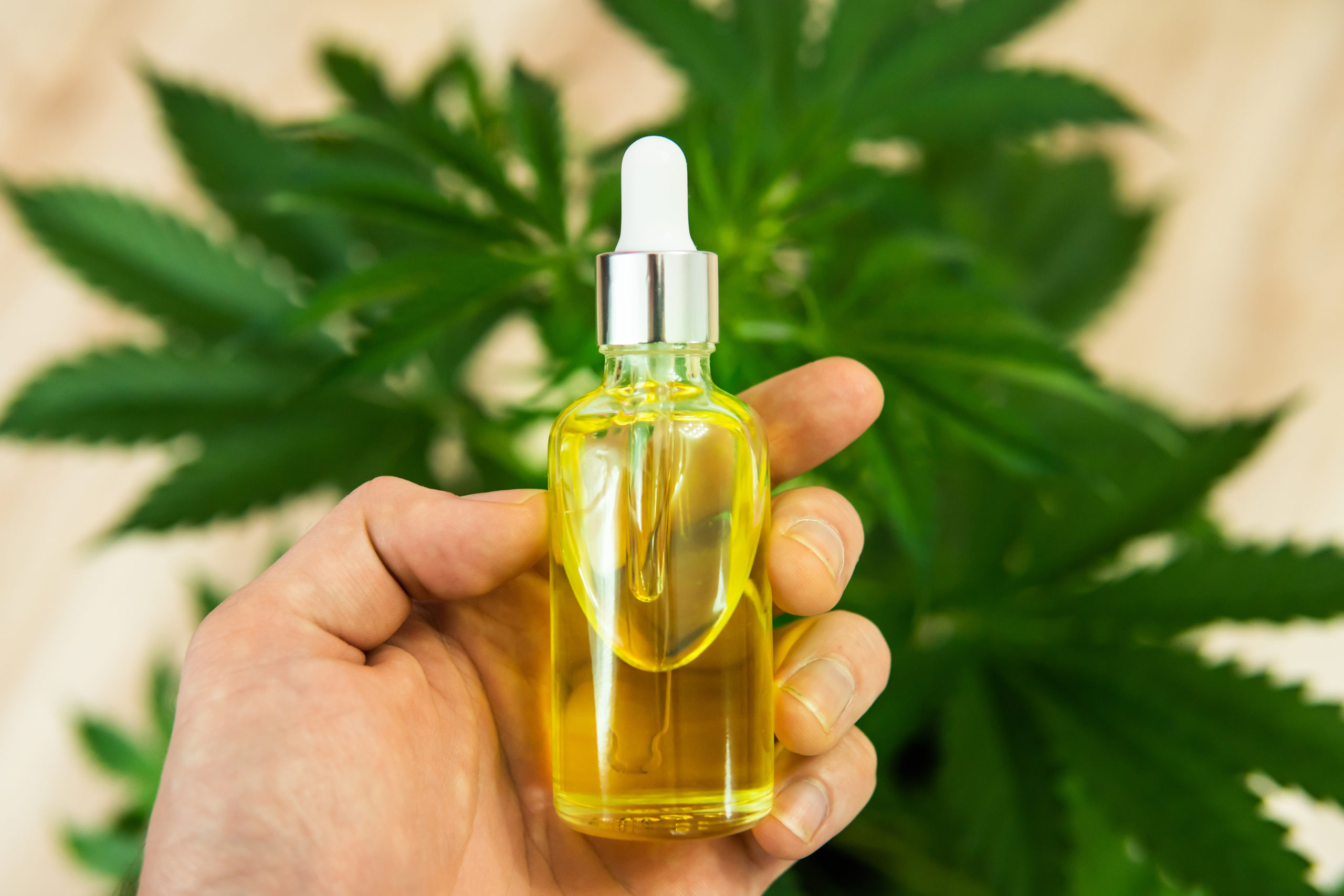-
- Market Research
- |
- CBD Near Me
- |
- Giveaways
- |
- Newsletter
- |
- Contact
- |
- Advertise
- |
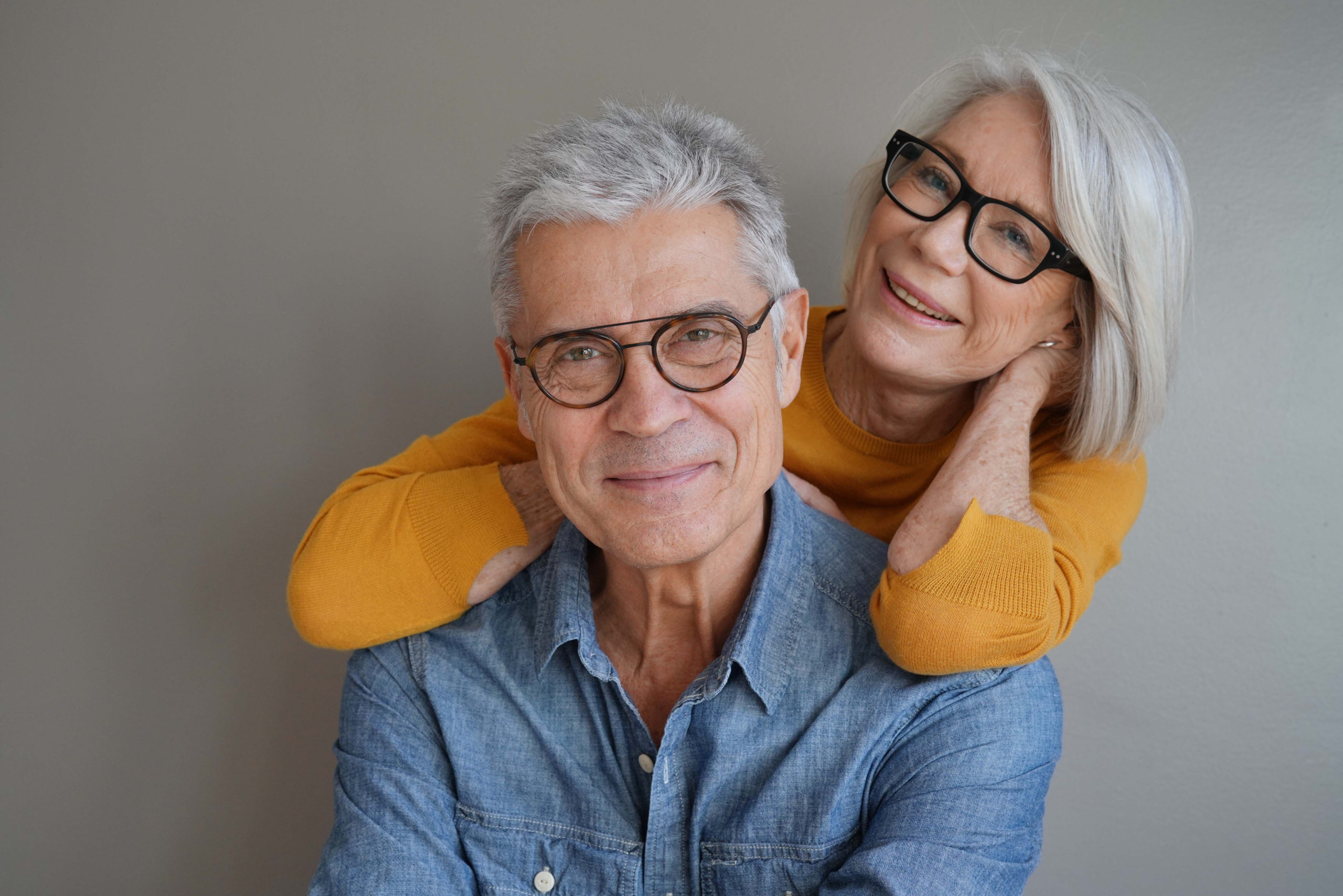
It’s not uncommon for elderly patients in modern healthcare systems to have four or five doctors and twice that many medications.
The conscientious healthcare team considers the very drugs they prescribe as potential health risks, which is one reason why the natural supplement cannabidiol (CBD) and geriatric medicine go well together.
Whether or not cannabidiol can actually replace medication is case-dependent, but with more research findings pointing to CBD’s eyebrow-raising potential in many epidemic-level conditions affecting seniors, it’s at least worth another look.
CBD’s Potential in Geriatric Medicine
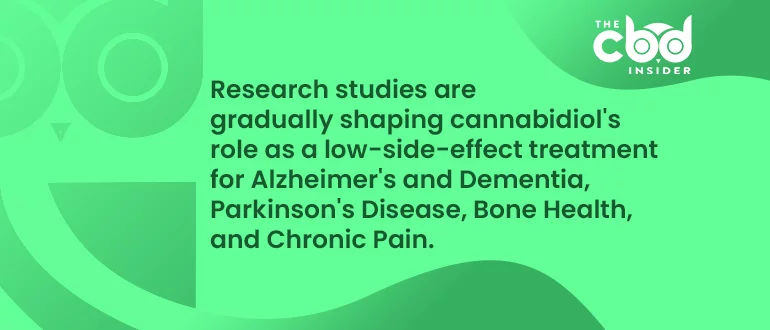
As the baby boomer generation ages into their 70s and 80s, the American healthcare system is committing more resources than ever to advances in geriatric medicine.
This means exploring new avenues in treating and preventing conditions that disproportionately affect seniors, like Alzheimer’s, Parkinson’s, osteoporosis, and many more.
Research initiatives from hospitals and labs across the world are gradually shaping cannabidiol’s role as a low-side-effect treatment for many of these highly prevalent issues.
Alzheimer’s and Dementia
According to the World Health Organization, there are 50 million dementia cases worldwide, and 10 million cases are reported each year.
Alzheimer’s comprises approximately 60-70% of these cases.
Early-onset is possible in both Alzheimer’s and dementia, but this class of neurodegenerative disorders is strongly biased towards the senior population.
In this academic review by the Canadian Agency for Drugs and Technologies in Health (CADTH), the use of CBD oil for seniors with dementia improved several “neuropsychiatric” symptoms, including “agitation, disinhibition, irritability, aberrant motor behavior, and nocturnal behavior disorders.”
Importantly, CBD also improved outcome measures in the area of rigidity.
Late-stage AD patients can even develop contractures (fixation of joints preventing almost all movement) that further limit their ability to function.
For example, transferring into and out of a wheelchair, bathing and changing clothes, and many other tasks are made much more difficult after severe rigidity and/or contractures enter the equation.
Dementia patients aren’t the only ones who suffer from spasticity and/or rigidity, however.
CBD and geriatric medicine experts are also looking at Parkinson’s disease (PD) as a therapeutic target for the supplement.
CBD and Parkinson’s Disease
As we covered in a past article, approximately one million people across the United States have been diagnosed with Parkinson’s disease per the Parkinson’s Foundation, and CBD is quickly taking shape as a potentially outcome-altering supplement for this demographic.
Parkinson’s disease is characterized by a deficiency of dopamine in the area of the brain called the basal ganglia, which is responsible for coordinating certain aspects of movement, speech, and behavior.
Like Alzheimer’s and Dementia patients, but to a greater extent, PD patients experience various levels of tremors, spasticity, and rigidity.
CBD and geriatric medicine research, like this finding from Complutense University in Madrid, Spain, describes how cannabidiol has antioxidant effects that specifically protect “nigral neurons,” a high-priority target of the disease.
Additionally, some researchers posit that CBD flattens toxicity levels induced by glial cell activation, another hallmark of PD.
Both of these mechanisms have the potential to slow the progression of the disease.
CBD and Bone Health
Baby boomers and millennials alike have adopted a heavily oversimplified understanding of bone health, thanks to overzealous promotional campaigns for milk run by the dairy industry and the federal government during much of the 20th century.
Milk contains calcium, and calcium plays a role in bone health, but it’s not the only player by any means.
To maintain a healthy density, among other things, our bones have to constantly “remodel” themselves.
They use specialized cells called osteoblasts and osteoclasts to form new bone tissue and reabsorb old bone tissue, respectively.
It appears that CBD can contribute to this ongoing remodeling process in a helpful way.
A study by the Hebrew University of Jerusalem Bone Laboratory found that “CB2 mutant mice” consistently displayed low bone mass while normal mice didn’t, implicating the endocannabinoid system as a key driver of this absorb-resorb cycle necessary for bone health.
The study also determined that the use of CBD oil for seniors can protect against “age-related bone loss” by “maintaining bone remodeling at balance” via CB2 activation.
As a quick review from our earlier introduction to the endocannabinoid system, CB2 and CB1 are receptor cells activated by cannabinoid substances that our bodies produce as well as CBD, THC, and many others.
CBD for Chronic Pain
Whether it’s related to chemotherapy, neuropathic conditions like multiple sclerosis, or simply a result of the natural aging process, chronic pain of some kind or other is a highly common occurrence among seniors.
In the case of arthritis, a condition characterized by chronic joint inflammation and pain, cannabidiol showed its efficacy in a “rat model of arthritis,” as this University of Kentucky study put it.
Arthritic rats treated with cannabidiol in this study showed reduced symptoms across several key markers, including joint circumference, “paw withdrawal latency” (to determine sensitivity), and pain-related behaviors.
The analgesic capabilities of the endocannabinoid system are being explored in new contexts every day, but we already know that CBD and geriatric medicine experts can use this system to help with chronic low back pain, chemotherapy-induced pain, and more.
Cannabidiol may even have analgesic effects outside of the endocannabinoid system, stimulating “mu” and “delta” opioid receptors per this University of Bonn (Germany) School of Medicine finding.
Getting Started with CBD

With the exception of a CBD-based epilepsy drug, cannabidiol is not a medication; it is a supplement.
Still, CBD is a bioactive substance, meaning it elicits a physiological response (actually, several) when consumed.
For this reason, seniors and non-seniors alike should vet each CBD product as they would a medication.
Priority One: Safety
CBD oil is non-intoxicating and generally accepted as safe for seniors and younger populations, but that doesn’t mean it plays well with all supplements and medications.
The vast majority of orally consumed medications undergo “first-pass metabolism,” during which they are broken down in the liver by special enzymes.
Cannabidiol inhibits the production of some of these enzymes, meaning it can affect the metabolism speed and/or potency of certain drugs.
Product purity is also an important avenue for potential CBD users to investigate because cannabidiol products are largely unregulated.
Unfortunately, this means that manufacturers can say one thing and do another when it comes to their formulations, but leery consumers can work around this by supporting lab-tested brands.
Finally, cannabidiol may cause minor side effects, such as:
- Nausea
- Fatigue
- Dry mouth
- Diarrhea
Selecting a CBD Product Type
CBD oil for seniors is actually available in many forms, including oils, edibles, topical ointments, and several less common delivery methods.
Oils are an excellent choice for beginners because the doses are easy to measure and apply (simply fill the dropper lid), although the slightly bitter taste can be unpleasant, which is why some users prefer isolates.
Edibles, like gummies, offer the same conveniences, and for many, the flavor is much more palatable.
Finally, CBD creams and lotions are most effective for musculoskeletal issues affecting specific areas (i.e., knee pain, a post-operative incision, etc.).
CBD Dosing Guidelines
Seniors are more vulnerable to the side effects of medication, and even though CBD is a supplement, it can still produce side effects as noted above.
For that reason, we recommend starting with a low dose and adjusting from there.
Finding a “low dose” is easier said than done in this instance, since CBD is unregulated and non-intoxicating; some studies use as much as 500mg a day on human or animal subjects.
Many first-time users will notice effects with as low as 20-40mg of CBD in a single day, so we recommend 20 or 25mg for that first dose.
Start there, adjust as needed, and continue until you’ve achieved optimal results.


